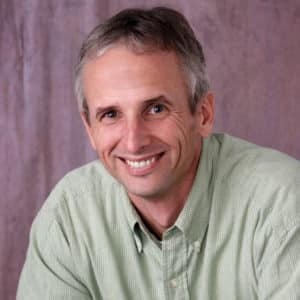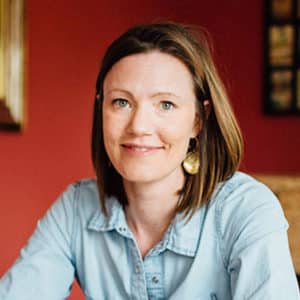Program Description
Most of us love Montana for its wilderness. But what are the values we express with that word? And what are the implications of those varying approaches?
Maybe wilderness is a set of politically-defined places where roads and activities are restricted. Maybe it’s the science of biodiversity and intact ecosystems. Maybe it’s a cultural conversation that – despite its many voices – has been mostly dominated by powerful elites. Maybe it’s a philosophy of human relationships to nature that informs our way of being in the world.
Of course, it’s all of the above. Each of these factors help define wilderness. But amid changes in our culture and climate, it’s worth investigating how they fit together. Montana’s wilderness heritage—including the historical experiences of Bob Marshall, Rosalie Edge, and Aldo and Starker Leopold—provides a rich setting for these discussions to take root.
In this program, John Clayton and Marisa Diaz-Waian bring participants into their own ongoing exploration of wilderness, the values that inform our relationships with the wild, its physical expression, and its future.
To emphasize the connection to nature, this program is best implemented as a walk-and-talk venture or at an outdoor-located venue.
Presenter Bio
John Clayton is a nonfiction writer who is particularly drawn to the intersection of history, nature, and culture. His book Wonderlandscape: Yellowstone National Park and the Evolution of an American Cultural Icon won the High Plains Book Award. His previous books include The Cowboy Girl: The Life of Caroline Lockhart and Stories from Montana’s Enduring Frontier. He often writes for the Montana Quarterly and Big Sky Journal, among other magazines. This presentation draws from his latest book, Natural Rivals: John Muir, Gifford Pinchot, and the Creation of America’s Public Lands.
Marisa Diaz-Waian is the founder and director of Merlin CCC, a community philosophy non-profit based out of Helena, MT and Chair of the Education Committee for the Philosophy Learning & Teaching Organization. A generalist by nature, training, and practice, she sees philosophy as “hands-in-dirt” activity that is meant to be lived. Her work focuses on philosophy in the community, frequently with an interdisciplinary, environmental, and intergenerational bent.
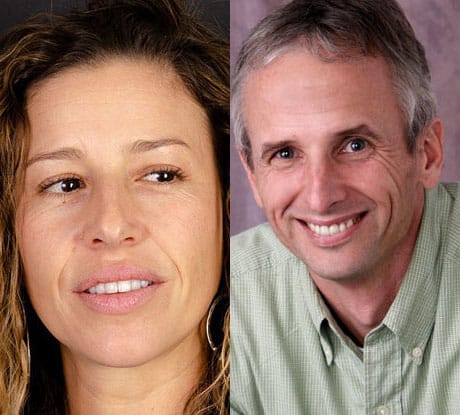
Contact
John Clayton
(406) 446-3843
john@johnclaytonbooks.com
johnclaytonbooks.com
Marisa Diaz-Waian
(406) 439-5788
marisa@merlinccc.org
